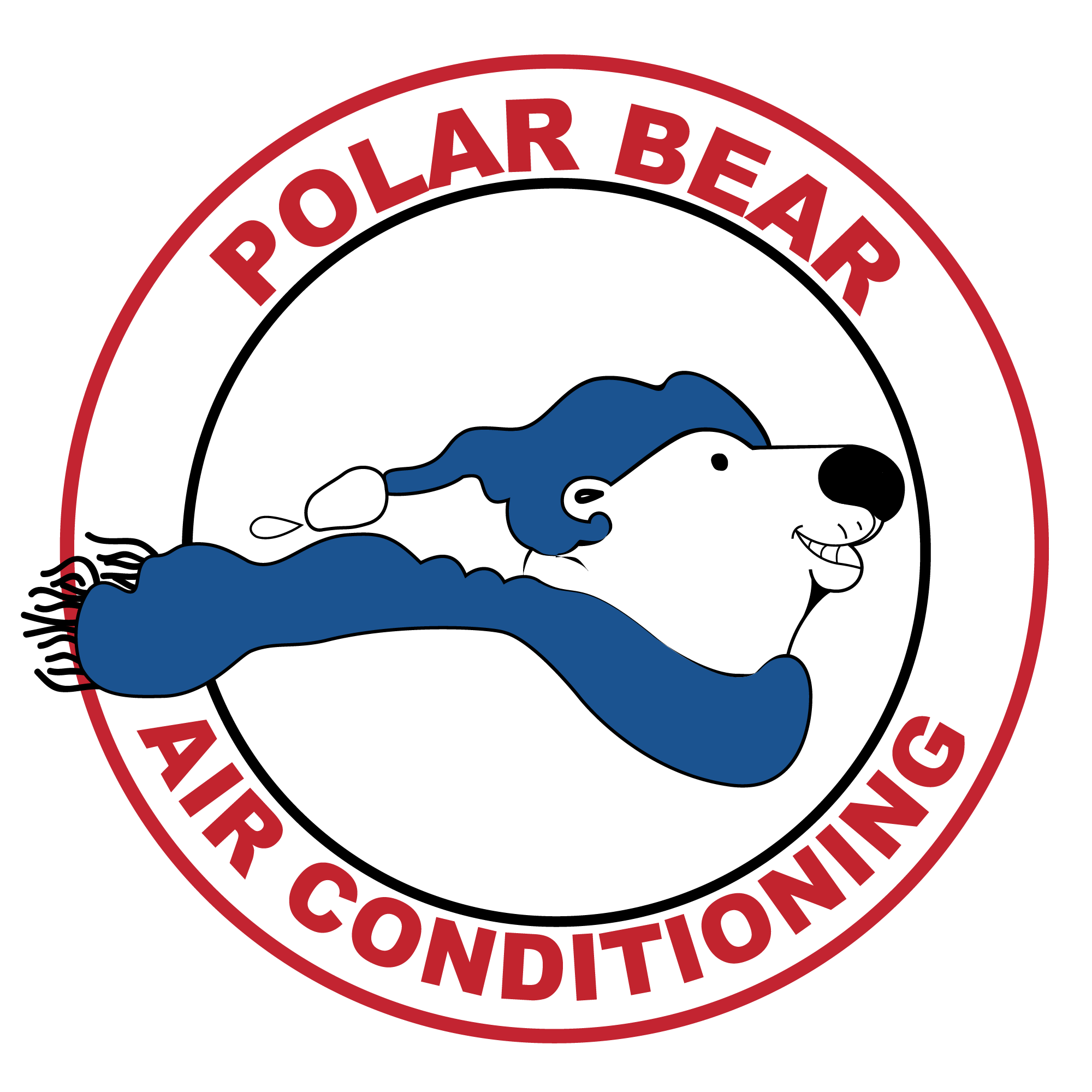The word “emergency” can stir up many emotions — panic, worry, and the rush to fix something right away. It makes you think of flashing lights or urgent calls, but emergencies don’t always come with sirens. Sometimes, they creep in quietly, like when your air conditioning breaks down in the middle of a sweltering afternoon.
It’s important to know what is considered an AC emergency and when to call for immediate help. Acting quickly can protect your comfort, health, and home.
Let’s dig into the signs that it’s time to pick up the phone — and why fast action matters.
What Is Considered an AC Emergency?
Not every air conditioning problem demands emergency service, but some issues are serious enough to need fast help. So, what qualifies as an AC emergency? It’s typically a situation where delaying repairs could lead to more significant damage, safety hazards, or a seriously uncomfortable home.
Extreme heat, especially during a heat wave, can put families at risk — particularly young kids, older adults, and pets. Some problems can also lead to costly repairs if not addressed quickly, like a refrigerant leak or a frozen evaporator coil.
Simply put, if your system is causing health risks, serious discomfort, or property damage, you’re dealing with an emergency.
Signs of an AC Emergency You Shouldn’t Ignore
Knowing the signs of an AC emergency can save you a lot of stress and even protect your family’s health. Here are the big warning signals:
1. Your Home Is Way Too Hot
If your AC stops working during a heat wave and temperatures indoors start rising fast, that’s serious. High temperatures can be dangerous, and heat-related illnesses are no joke. Your thermostat might show the truth: if it’s climbing past safe temperatures despite your AC being on, you’re entering emergency territory.
2. Strange Noises You’ve Never Heard Before
It’s normal for your AC to hum, but if you hear banging, screeching, or grinding sounds, your system could have a broken part, like a bad compressor or motor. Noise isn’t just annoying — it’s one of the clearest signs of an AC emergency that something mechanical is failing inside your unit.
3. Water Leaks Around the Unit
Air conditioners are supposed to handle some moisture, but a puddle around your system is a red flag. Leaking water can damage floors, ruin walls, and even lead to mold growth. If you spot water, call for help before you’re dealing with serious water damage.
4. Burning or Smoky Smells
Smelling something burning or seeing smoke from your AC? That’s an instant emergency. It could be an electrical problem with the circuit breaker, capacitor, or wiring. Shut off your unit and call a technician immediately.
5. Ice Forming on the Unit
While it might seem harmless, ice buildup on your AC’s evaporator coils means something isn’t working right — possibly low refrigerant levels or airflow problems. If ignored, it can lead to a full system shutdown or water leaks when the ice melts.
What Qualifies as an AC Emergency?
So, we’ve talked about what is considered an AC emergency, but you might still be wondering: what officially qualifies as one?
The answer? Anything that risks your comfort, health, home, or the system itself. Some examples of what qualifies as an AC emergency include:
- No airflow at all (this could be due to a bad blower motor, frozen coil, or blocked air filter)
- Rapid cycling — the AC turns on and off every few minutes
- Water pooling that could cause mold or structural damage
- Electrical issues sparking concerns over electricity hazards
- Loud screeching, buzzing, or rattling sounds
- A condenser unit that won’t start or keeps overheating
If you’re unsure, it’s better to call and ask for advice instead of risking bigger repairs later. Emergency service exists for a reason!
Quick Fixes vs. Immediate Help
There are a few situations where you might do a little troubleshooting before calling for backup. For instance:
- If your system shuts off, check the circuit breaker switch.
- If airflow is weak, replace a clogged air filter.
- If your home feels sticky and humid, adjusting your dehumidifier settings might help.
But if problems persist after these quick checks, don’t delay. Ignoring real signs of an AC emergency can cause serious damage down the line.
How to Protect Your AC System From Emergencies
You can’t predict every issue, but smart habits can lower your risks:
- Schedule regular maintenance twice a year.
- Keep your air conditioning system clean and free of debris.
- Watch for unusual odors, noise, or performance dips.
- Get professional help at the first hint of a leak, strange temperature swings, or water around your unit.
- Replace parts like a worn-out pump or faulty compressor before they fail completely.
Being proactive keeps your AC running longer and helps protect your home’s indoor air quality. Polar Bear Air Conditioning offers trusted air conditioning repair in the Cayman Islands to keep your system running smoothly, safely, and strongly.
Need Emergency Service? Call Polar Bear Air Conditioning!
AC troubles don’t wait for a good time to strike. They happen late at night, during family dinners, or right before a big holiday. That’s why Polar Bear Air Conditioning is always ready to jump in and help.
Our team handles refrigerant leaks, broken thermostats, strange noises, and more. We offer residential and commercial AC services in the Cayman Islands to keep homes and businesses cool year-round.
If you’ve noticed any signs of an AC emergency, including freezing coils, water leaks, or strange burning smells, don’t risk bigger problems by waiting. Call us right away for assistance!


0 Comments